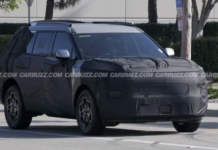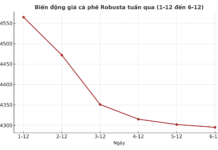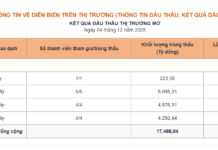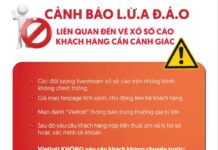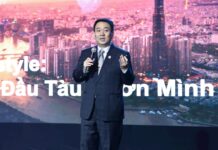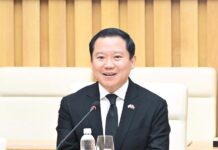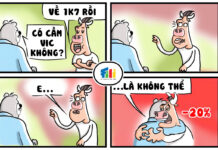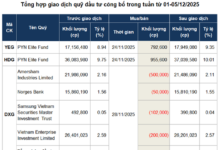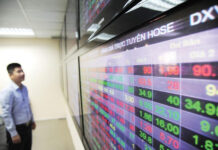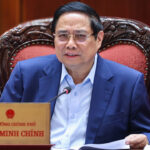As the domestic market growth shows signs of slowing down, many Chinese automakers have been trying to export cars to many countries around the world. With its position as the world’s second-largest car market, the United States is seen as a “promised land” for many Chinese automakers, but the 30% tariff barrier is a major hurdle.
However, BYD – one of China’s largest automakers – seems to have found a loophole to overcome the barrier. The Wall Street Journal and Reuters recently published articles mentioning rumors that BYD is exploring a location for a manufacturing plant in Mexico – a place where cars can be produced and exported to the US.
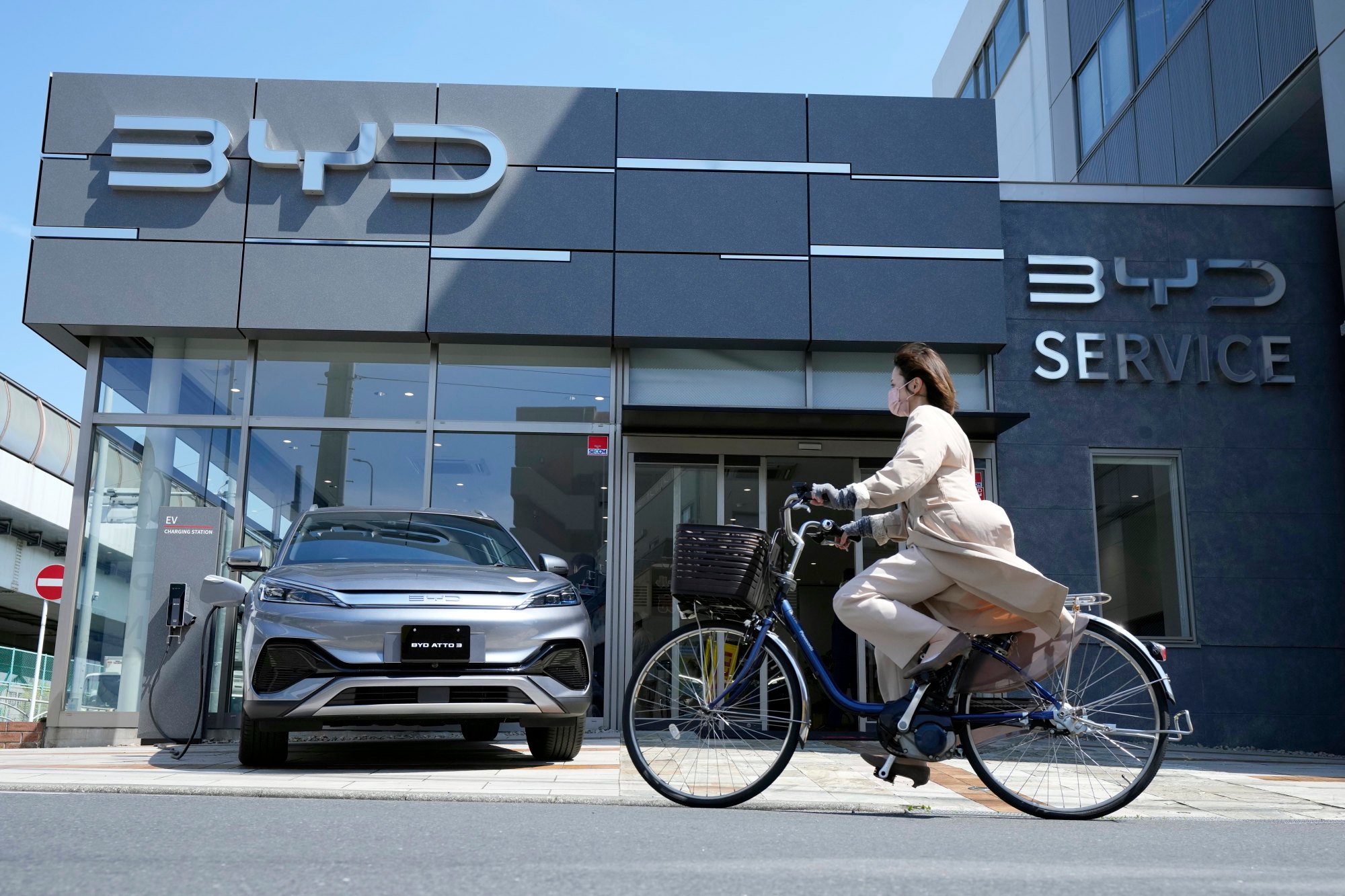
BYD is rumored to be exploring a location for a manufacturing plant in Mexico.
Mexico has long been warned by experts in the automotive industry as the landing place for Chinese automakers. Cars produced in Mexico can enter the US without being subject to high taxes like when importing cars from China.
Not only experts, but many automakers have also expressed concerns about this issue. Marin Gjaja, Director of Operations for the Model e division (Ford’s electric vehicle division), stated: “If I were in China and operating a factory, I would look to Mexico because I have all the basic suppliers, cheap construction costs, low labor costs, [and a trade agreement with the US] that would give me access to the US market.”
When comparing product correlations, it is clear that Chinese cars are much cheaper than US or European products with the same features or performance. The cost of Chinese cars is also the biggest concern for automakers.
The Wall Street Journal suggests that stock documents have shown that there are currently more than ten suppliers serving China’s electric vehicle production that have announced plans for new construction or increased investment in Mexico. These suppliers have taken advantage of a trade agreement between the US, Mexico, and Canada regarding the use of domestically produced components.
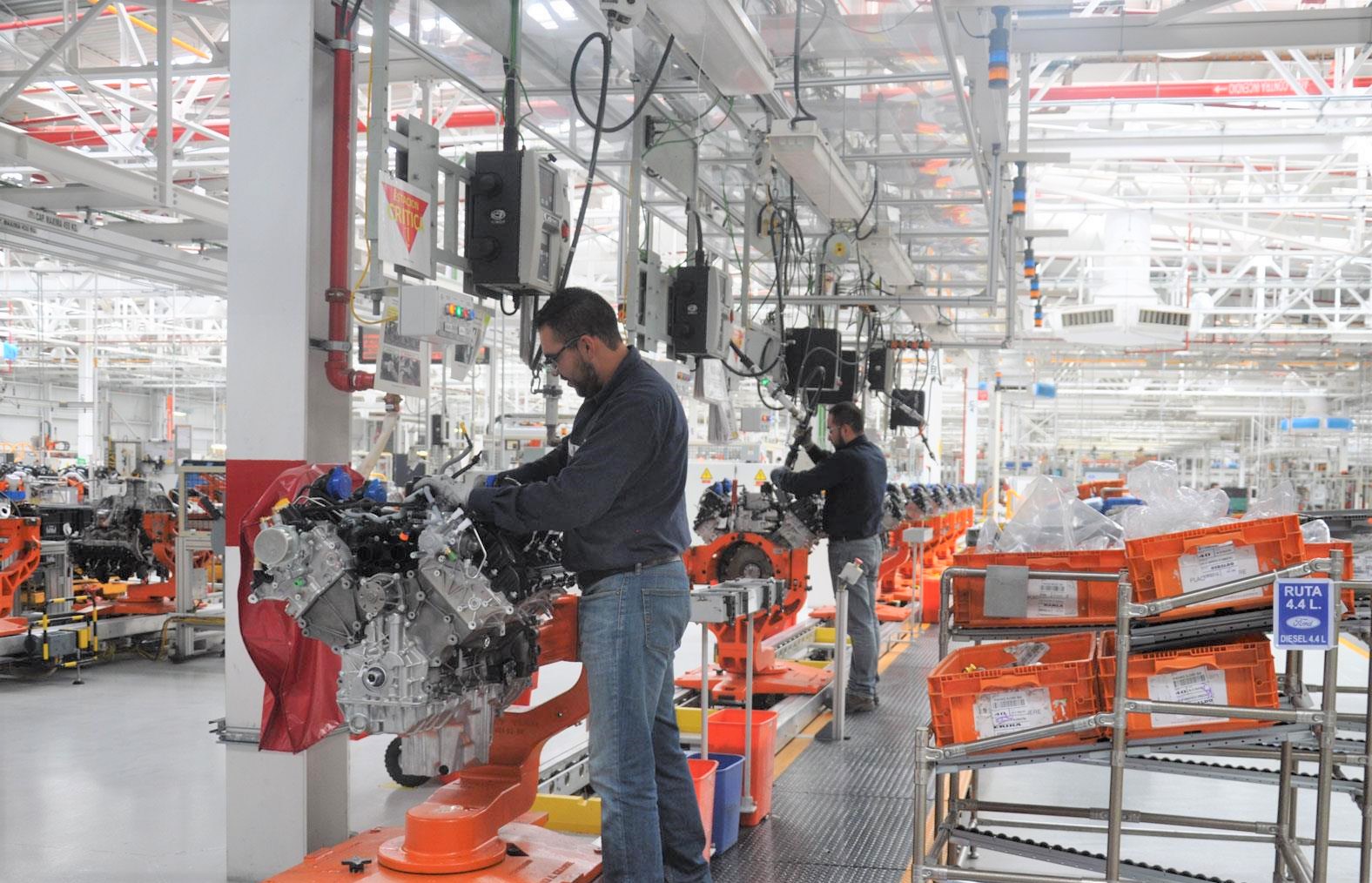
Inside Ford’s factory in Chihuahua, Mexico. Photo: Mexico Now
DOES AI WATCH A MOVIE THREE TIMES?
Chinese automaker BYD is being closely watched by many. The manufacturer has become the number one player in the electric vehicle segment, surpassing Tesla in sales in the last quarter of 2024. The attractive price is believed to be the top factor persuading customers to choose BYD cars.
Now, BYD (along with many other Chinese manufacturers) is striving to reach new markets.
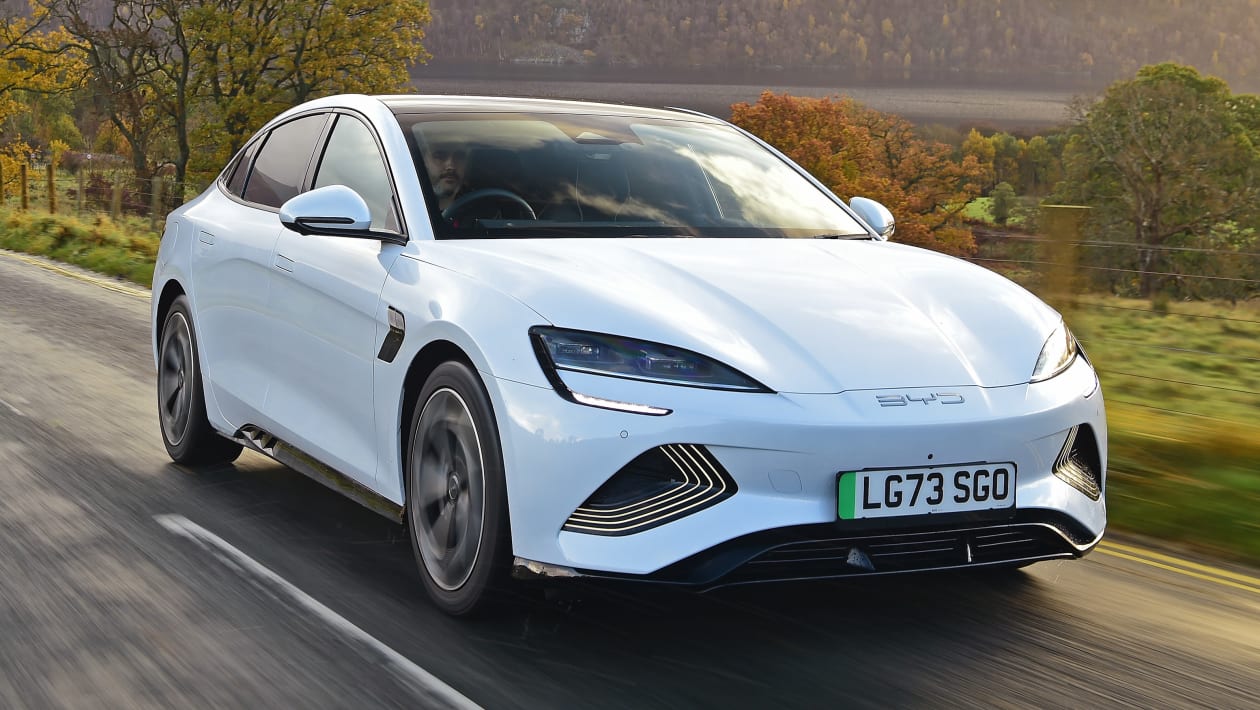
BYD Seal has posed challenges for Tesla Model 3 in many markets.
Recently, senior executives of major Western car companies have spoken out more about the hidden threat of Chinese cars to their electric vehicle plans.
A few days ago, Stellantis CEO Carlos Tavares stated that now is the time for global automakers to catch up with Chinese competitors or give up control of the market to them. He also described the “Chinese car wave” as strong and similar to when Japanese and Korean automakers came to the US in the 1970s and 1990s, respectively.
Carlos Tavares said: “We can clearly see this in the European market. Perhaps no one wants to watch the same movie for the third time.”
THE MEXICO LOOPHOLE?
Mexico seems to be the most logical starting point for Chinese automakers when they want to sell cars in the US. Mexico has a convenient geographical location, cheap labor costs, and can take advantage of low, even zero, taxes by writing “Made in Mexico” on cars.
Currently, electric cars imported from China to the US are subject to a 27.5% tariff, including a mandatory 2.5% import duty on all imported cars and an additional 25% tariff imposed by the former US President Donald Trump in 2018.
The administration of current US President Joe Biden is discussing whether to increase separate tariffs for cars imported from China, but at the same time, the incumbent administration has tightened the policy of supporting electric vehicle purchases for vehicles using high-content component batteries from China.
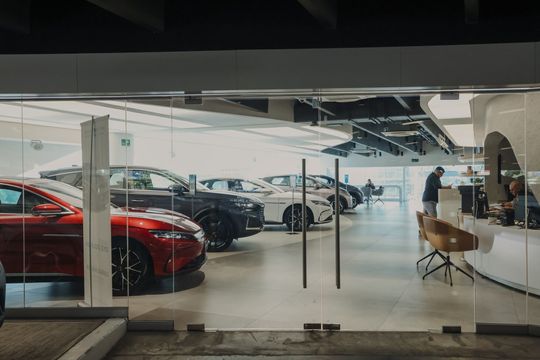
BYD electric vehicle showroom in Mexico. Photo: MARICEU ERTHAL/BLOOMBERG NEWS
However, when Chinese automakers manufacture cars in Mexico, they can bypass the abovementioned 25% tariff. Moreover, if they can meet the strict criteria of the US-Mexico-Canada trilateral trade agreement signed in 2020, they may not be subject to any taxes.
Some high-level personnel at Toyota North America believe that Chinese cars have a price advantage of about 25% to 30% compared to non-Chinese competitors. That number is more than enough to overcome the small taxes imposed by the US. They also believe that if the US government pushes the transition to electric vehicles too quickly, it will invite Chinese automakers, including BYD, NIO, and Geely, to invade the market.
The Wall Street Journal quoted information from Mexican officials as saying that Stella Li, one of BYD’s executive directors, visited Mexico City in January and met with many people in the Mexican government.
It is also worth mentioning that BYD recently appointed Jorge Vallejo as CEO in Mexico. Jorge Vallejo has experience working for Nissan and Mitsubishi in this country.
Nhat Quynh

